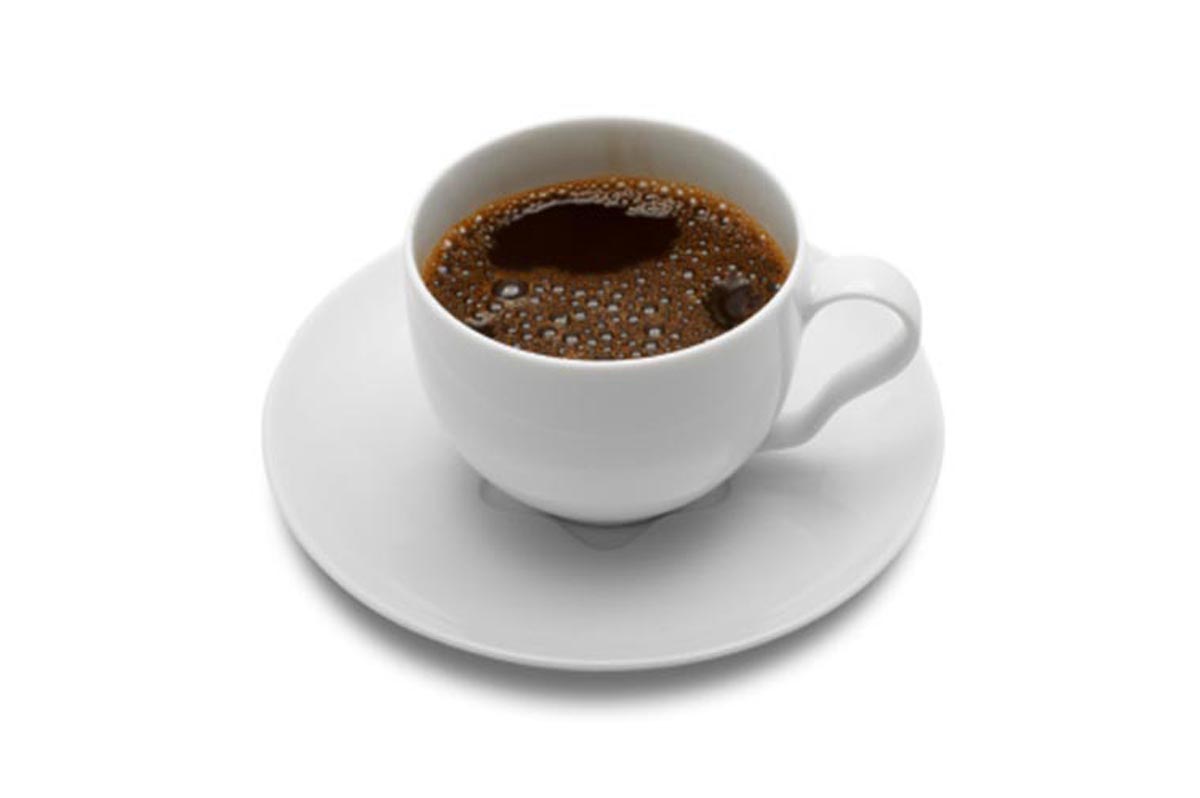Table of Contents
Some of the things "we all know" about caffeine, coffee, and energy drinks actually aren't true. Let's start with one the most modern misconceptions about caffeinated beverages.

Myth No. 1. Red Bull gives you wings.
Red Bull is the world's most popular energy drink. It is loaded with caffeine, sugar, and a brain-active amino acid called L-taurine. Red Bull's US advertising campaign featured cartoon characters who were killed in accidents or homicide but floated off to the heavens when Red Bull gave them angel wings.
Yes, of course you knew that Red Bull doesn't literally give you wings, but the metaphor falls short, too. Red Bull won't necessarily pick you up, at least not very long.
Caffeine stimulates short-term activity. It increases your reflexes. It brings you out of lethargy.
But caffeine does not help you with long-term activity. It does not give you endurance, and loss of focus with Red Bull or similar energy drinks may be a greater problem than lack of energy without it.
Myth 2. Caffeine helps you stay awake.
Everybody knows about caffeine pills for staying awake, like the popular NoDoze sold everywhere in North America. Caffeine does indeed help you keep your eyes open, but it doesn't help you stay mentally awake and attentive. Consuming too much caffeine reduces your ability to engage in purposeful behaviors or focused behaviors even while it allows you to continue to perform "brainless" tasks.
That's OK if you're packing boxes or answering customer service calls, but it can also pose a danger. Driving is not a brainless task, and taking caffeine pills to stay awake while driving actually increases your risk of being involved in a fatal accident.
Flying a plane requires even more attention than driving a car. A study conducted by researchers at Louisiana State University found that 84 percent of fatal accidents with crop dusters involved the specific combination of sleep deprivation and excessive use of caffeine. Caffeine won't replace sleep, and the more complicated the task, the less value you can expect to derive from taking caffeine pills. For your safety, make sure that you get adequate rest.
Myth 3. Caffeine is commonly addictive.
You may not feel right until you have had your cup of morning joe (or your mug of tea or your Diet Coke or your energy drink), but that doesn't mean you are, at least in psychiatric terms, addicted to caffeine. The American Psychiatric Association defines caffeine addiction in the DSM-IV as displaying three of the following seven characteristics:
- Consuming an unusually large amount of caffeine.
- Failing to get a "buzz" even when consuming more and more caffeinated beverages and foods, or taking caffeine pills.
- Withdrawal symptoms such as profound depression, nausea, vomiting, and "nervous breakdown" when not consuming caffeine for several hours to several days.
- Spending a great deal of time acquiring sources of caffeine.
- Placing greater importance on caffeine than on personal relationships, work, friends, or valued possessions.
- Unsuccessful efforts to stop using caffeine.
- Continuing to consume caffeine in large amounts despite problems at work, in the marriage, in the family, with friends, or in public (such as anxiety attacks in public or stealing to buy Starbucks).
We all know someone we might put into the "caffeine addicted" category, but under the stricter DSM-IV definition, only about 0.6% of the population of the US is coffee addicted.
Myth 4. It doesn't make any difference how you get your caffeine, as long as you get it.
Studies of identical twins in Australia, identical twins having identical genes, have found that there are strong, probably genetic differences between coffee drinkers and tea drinkers. If you get your buzz from drinking coffee, you probably don't care for tea. If you can't start your day without your breakfast tea, then you probably don't drink coffee. Coffee and tea contain many chemicals besides caffeine, and the way the liver processes them in part determines how much caffeine the liver allows to stay in circulation and how long.
There are also some peculiar relationships between caffeine and nicotine, between drinking coffee and smoking. Among people who don't suffer schizophrenia, a compulsion to drink coffee is not related to a compulsion to smoke cigarettes. Schizophrenics who smoke cigarettes, however, almost always crave coffee and other caffeinated beverages as a result.
Myth 5. Caffeinated beverages are dehydrating.
The fact is that caffeinated beverages aren't dehydrating and they don't stimulate urination, unless there is consumption of over 600 to 700 mg of caffeine per day. That's the equivalent of seven cups of coffee, a dozen cups of tea, four or more tumblers of iced tea, or two energy drinks. As long as caffeinated beverages are not consumed in excess, they are just as hydrating to the body as drinking water.
- Childs E, de Wit H. Subjective, behavioral, and physiological effects of acute caffeine in light, nondependent caffeine users. Psychopharmacology. 2006. 185(4):514–523.
- Scoley A, Kennedy D. Cognitive and physiological effects of an “energy drink: an evaluation of the whole drink and of glucose, caffeine and herbal flavouring fractions. Psychopharmacology. 2004.176:320–330

